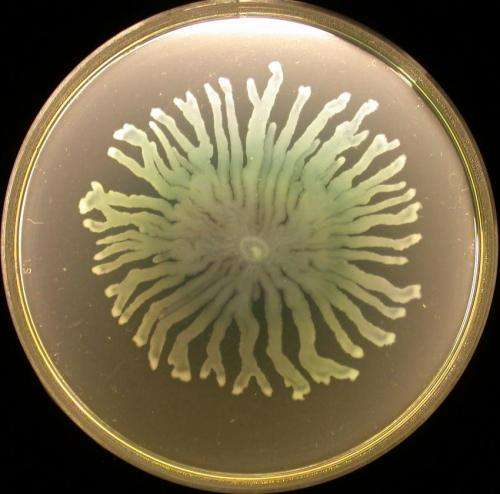Social networking is key to helping bugs spread, study shows

Fresh discoveries about how bacteria co-operate with each other when causing infection could help scientists identify animal diseases that might transmit to people.
Bugs that can co-operate best with each other are most likely to be able to jump to new species, including humans, a new study shows.
Bacteria interact by releasing molecules to help them adapt to their environment – for example, when killing competing infections in their victim. They co-ordinate these actions by releasing tiny amounts of chemicals as signals.
Bacteria that can co-operate to create an environment in which they can thrive are potentially able to infect lots of different species, including humans. Discovering why some diseases are better equipped to infect more species than others – and therefore could affect humans – could be valuable in predicting and managing health threats.
Most new human infections arise from diseases that transmit from animals to humans. Many of these cause serious infections and are difficult to control, such as anthrax and the superbug MRSA.
Research led by the University of Edinburgh used a combination of mathematical models and scientific analysis of genetic code in almost 200 types of bacteria. They found that those bugs that carry lots of genes that help them to co-operate are best equipped to adapt to various environments.
Dr Luke McNally of the University of Edinburgh' School of Biological Sciences, who led the study, said: "Humans have been able to colonise almost all of their planet by collectively modifying the environment to suit themselves. Our study shows bugs try to do the same – co-operation is important for the spread of bacteria to new species."
The study is published in the journal Nature Communications.
Journal information: Nature Communications
Provided by University of Edinburgh
















